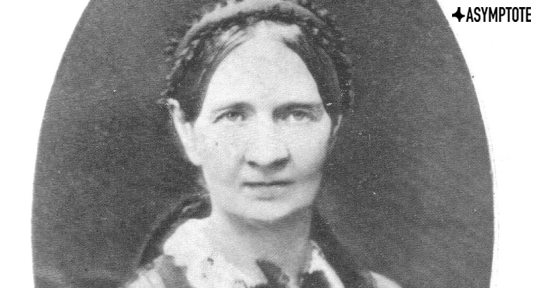This is the first in a two-part series that explores the indeterminate translation effects of foreignization and domestication, as illustrated by Hoàng Hải Thủy’s 1973 Vietnamese adaptation of Madame Bovary. Read the second part here.
Note: The below version has been revised to reflect important corrections. Lawrence Venuti’s theoretical framework, as reflected in the revised essay, does acknowledge the subaltern’s perspective and show that domestication and foreignization encompass both discursive approaches and their multifaceted effects.
Since the earlier version did not fairly reflect the full implications of Mr. Venuti’s work, the author owes Mr. Venuti an apology and would like to thank him for his forbearance and collegial support.
In 1813, Friedrich Schleiermacher, the German translator of Plato, had proposed that a translator has two choices, “either such translator leaves the author in peace as much as possible, and moves the reader towards him; or the translator leaves the reader in peace as much as possible, and moves the author towards him.” The former technique could be defined as foreignization, and the latter domestication. Today translation scholar Lawrence Venuti has expanded on Schleiermacher’s perspective by constructing an ethics of difference in translation. According to Venuti, translations geared toward domestication effects risk perpetuating certain uncontested beliefs in the maintenance of the status quo. As a corrective, he has proposed a meticulous yet adaptable theoretical framework that can illuminate any translation, regardless of language and culture, regardless of their status as dominant or dominated, major or minor. In his view, foreignizing translations can expand the linguistic and stylistic resources of the translating language by broadening the parameters of readability.
If we define foreignizing as a translation approach that creates noticeable effects and variations from the prevalent standard, and domesticating as conforming to pre-existing norms, how do we gauge these effects against a translator’s stated intention, his unconscious bias, inadvertent omissions or errors? My essay attempts to illustrate these questions by discussing Hoàng Hải Thủy’s Người Vợ Ngoại Tình—his 1973 adaptation of Gustave Flaubert’s Madame Bovary.



